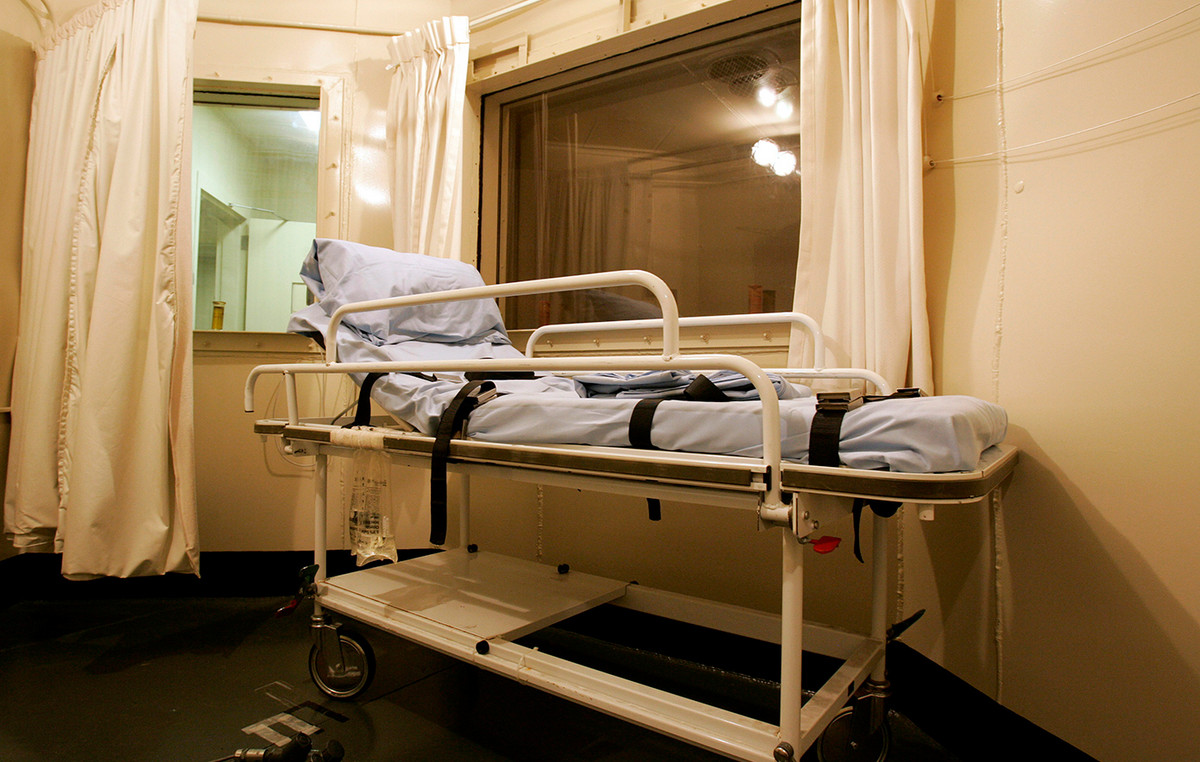- The EUR/USD moves up to 1,1335 during the first Asian session on Thursday.
- The companies that face the early stages of Trump’s tariffs are seeking to move the growing costs to consumers, said the Fed Beige book.
- The ECB member, Muller, said the rates could have to fall below the neutral in trade.
The EUR/USD pair moves up to 1,1335 during the first Asian session on Thursday. The mitigated concerns about the possible tariff threats of US President Donald Trump exert some sales pressure on the US dollar (USD).
According to a Beige Book of the Federal Reserve (Fed) on Wednesday, companies that face the early stages of Trump’s tariffs are looking for ways to transfer growing costs to consumers. Companies reported having received alerts from suppliers on augmented prices, and sought ways not to absorb increases, while noting uncertainty about the ability to transfer them to customers.
At the beginning of the month, Trump imposed a base import tax of 10% or more to dozens of nations, but then unexpectedly paused for 90 days to allow countries to negotiate lower rates. However, uncertainty about commercial policy and concerns about economic deceleration in the US could drag the dollar down and create a tail wind for the Eur/USD.
On the other side of the Atlantic, the European Central Bank (ECB) cut its main interest rate in a percentage quarter to 2.25% at its April meeting last week. During the press conference, the president of the ECB, Christine Lagarde, said that US tariffs on EU assets, which had increased from an average of 3% to 13%, were already harming the prospects of the European economy.
Meanwhile, the Governing Council member of the ECB, Madis Muller, said Wednesday that the Central Bank could have to reduce interest rates to levels that stimulate the economy if commercial uncertainty is more harmful to growth. The moderate comments of those responsible for the ECB could weigh on the common currency in the short term.
Euro Faqs
The euro is the currency of the 19 countries of the European Union that belong to the Eurozone. It is the second most negotiated currency in the world, behind the US dollar. In 2022, it represented 31 % of all foreign exchange transactions, with an average daily business volume of more than 2.2 billion dollars a day. The EUR/USD is the most negotiated currency pair in the world, with an estimate of 30 %of all transactions, followed by the EUR/JPY (4 %), the EUR/GBP (3 %) and the EUR/AU (2 %).
The European Central Bank (ECB), based in Frankfurt (Germany), is the Eurozone reserve bank. The ECB establishes interest rates and manages monetary policy. The main mandate of the ECB is to maintain price stability, which means controlling inflation or stimulating growth. Its main tool is the rise or decrease in interest rates. Relatively high interest rates (or the expectation of higher types) usually benefit the euro and vice versa. The GOVERNMENT BOOK of the ECB makes decisions about monetary policy in meetings that are held eight times a year. The decisions are made by the directors of the National Banks of the Eurozone and six permanent members, including the president of the ECB, Christine Lagarde.
Eurozone inflation data, measured by the harmonized consumer prices index (IPCA), are an important economic indicator for the euro. If inflation increases more than expected, especially if it exceeds 2% of the ECB, it forces the ECB to rise interest rates to control it again. Relatively high interest rates compared to their counterparts usually benefit the euro, since they make the region more attractive as a place for global investors to deposit their money.
Published data measure the health of the economy and can have an impact on the euro. Indicators such as GDP, manufacturing and services PMIs, employment and consumer trust surveys can influence the direction of the single currency. A strong economy is good for the euro. Not only attracts more foreign investment, but it can encourage the ECB to raise interest rates, which will directly strengthen the euro. Otherwise, if economic data is weak, the euro is likely to fall. The economic data of the four largest economies in the euro zone (Germany, France, Italy and Spain) are especially significant, since they represent 75% of the economy of the euro area.
Another important fact that is published on the euro is the commercial balance. This indicator measures the difference between what a country earns with its exports and what you spend on imports during a given period. If a country produces highly demanded export products, its currency will gain value simply by the additional demand created by foreign buyers seeking to buy those goods. Therefore, a positive net trade balance strengthens a currency and vice versa in the case of a negative balance
Source: Fx Street
I am Joshua Winder, a senior-level journalist and editor at World Stock Market. I specialize in covering news related to the stock market and economic trends. With more than 8 years of experience in this field, I have become an expert in financial reporting.







